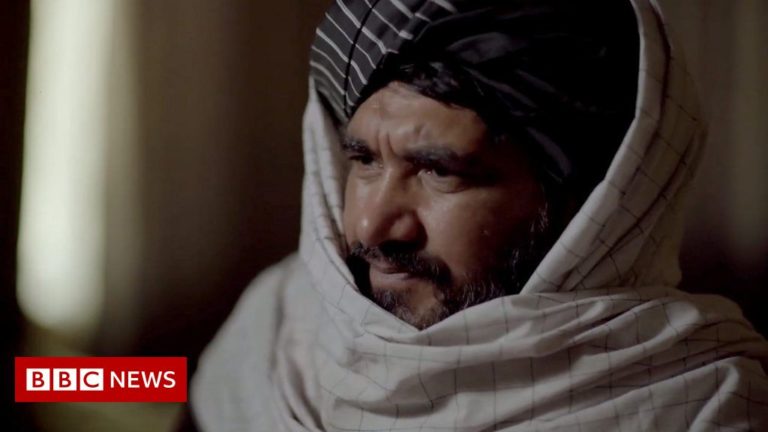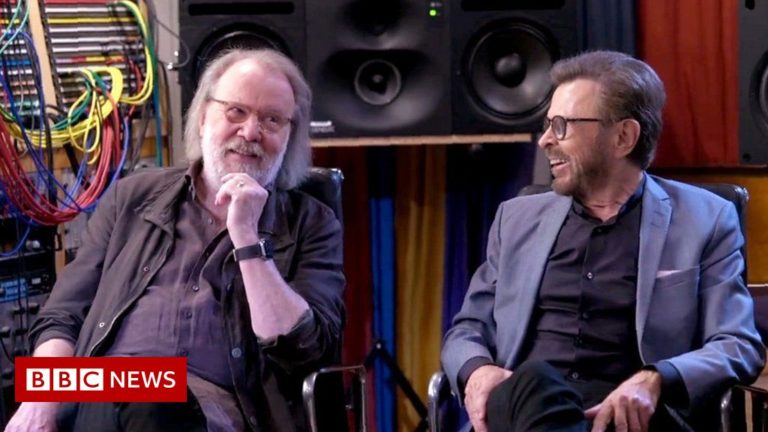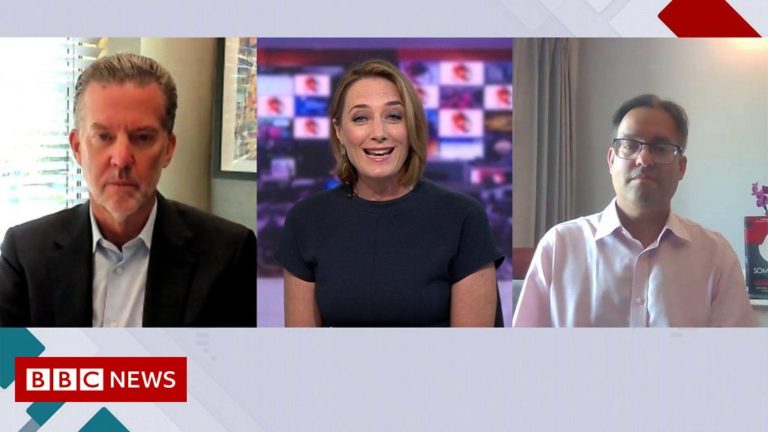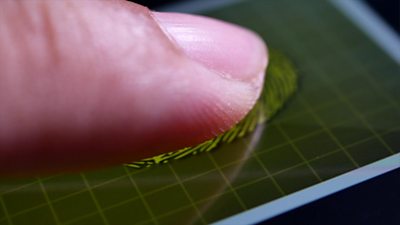Tenet: Why we performed backwards and forwards
The Oscar-winning film’s VFX supervisor explains how the team created sequences inverted in time.


Hamas is co-operating with international mediators to achieve a ceasefire and calm, a spokesperson for the Islamist militant group which runs Gaza has said. Bassem Naeem told BBC World News: “The key is very simple, to withdraw the security forces from the al-Aqsa compound and to stop ethnic cleansing of Palestinian people from Sheikh Jarrah.”…

Tens of thousands of ordinary people have had to flee their homes – with hundreds killed or injured in recent weeks – as Taliban insurgents continue to gain ground in Afghanistan. As foreign troops withdraw, many Afghans fear a brutal return to the regime of the 1990s, which was characterised by public executions, stonings and…

As the band release Voyage, Benny and Bjorn speak to the BBC about being compared to their old music.

As the countdown to the opening of the new James Bond film, No Time To Die, continues, BBC World News‘s Lucy Hockings talks to Vue International chief executive Tim Richards and James Bond International Fan Club editor Ajay Chowdhury. Mr Chowdhury said: “Bond is the perfect tonic to get us out of this horrible situation…

As coronavirus vaccine programmes are rolled out, governments around the world are looking for ways to ease us back into pre-pandemic life – getting people back to sporting fixtures, theatres and other crowded public places. One solution being considered is a digital Covid-19 “vaccine passport” but many have called them discriminatory and some say it…

Global Headlines: The Most Impactful News Stories Of 2024 You Need To Know | Major Political Developments in 2024 As 2024 unfolds, major political developments shape the landscape of global news. Events reported by ABC News, CBS News, and Fox News Digital highlight the shifting dynamics in leadership across nations. From elections that redefine governance…